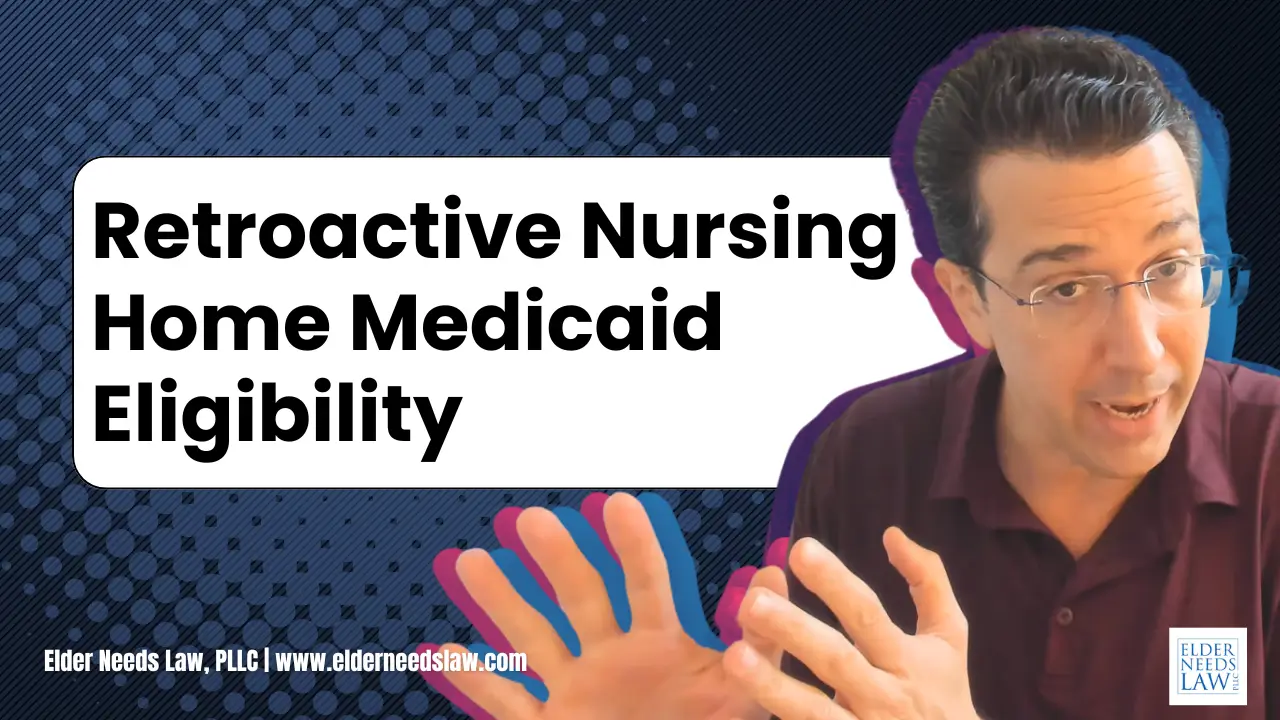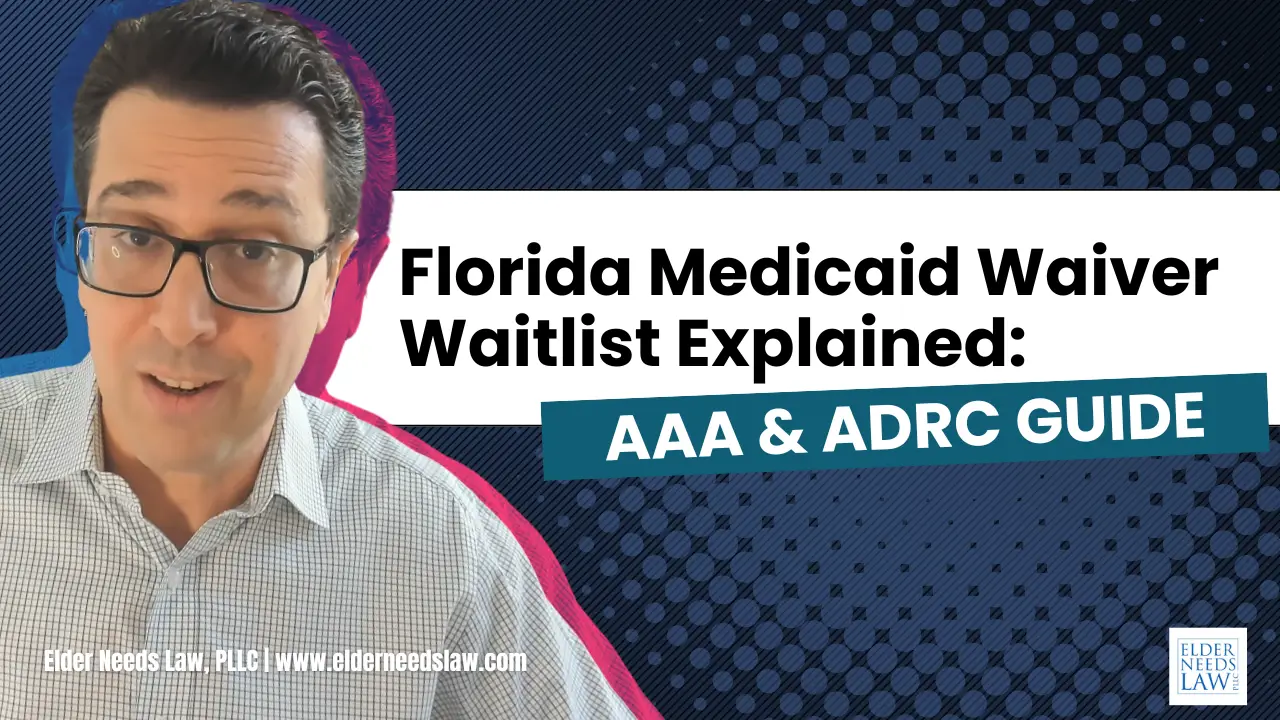Get Medicaid to Pay without Losing Your Home or Going Broke

Getting older often means thinking about how to pay for care as health needs change. For many Florida residents, the path forward seems filled with difficult choices: sell the family home, spend life savings, or wait years for assistance. But according to attorney Jason Neufeld, these common beliefs about Medicaid and long-term care planning are largely myths.
The Truth About Florida Medicaid for Long-Term Care
Many people carry misconceptions about qualifying for Medicaid benefits in Florida. The three most damaging myths that often prevent families from getting help are:
- You must sell your home to qualify
- You need to deplete all your savings first
- You must wait five years after planning to receive benefits
None of these statements are absolutely true under Florida law, yet they continue to circulate, causing unnecessary stress and financial hardship for families.
What Florida's Medicaid Programs Actually Cover
Florida Medicaid programs offer broader coverage than many realize. Benefits can help pay for:
- Nursing home care (full coverage in many cases)
- Assisted living facilities (partial coverage)
- Home-based care services (allowing people to stay in their communities)
- Family caregivers (yes, relatives can sometimes be compensated via the "participant directed option" (PDO) program)
This range of options gives families flexibility to choose care settings that best match their loved one's needs and preferences.
Planning Approaches Available to Florida Residents
The strategies for qualifying for Medicaid while preserving assets involve careful planning within Florida's specific legal framework. These might include:
- Restructuring assets in compliance with Florida Medicaid regulations
- Using Florida's protected income and asset allowances
- Setting up appropriate trusts recognized by Florida Medicaid authorities
- Converting countable assets to exempt assets under Florida rules
Each approach must be tailored to individual circumstances and implemented correctly to avoid penalties under Florida law.
Why Timing Matters in Florida Medicaid Planning
While the five-year myth persists, the reality is that many Florida families can implement effective planning strategies in much shorter timeframes. Some approaches can help qualify someone in:
- A matter of months rather than years
- Sometimes even when care is already needed
- During periods of transition between care settings
The key is knowing which planning tools apply to your specific situation under Florida's Medicaid regulations.
Florida's Unique Medicaid Programs
Florida offers several distinct Medicaid programs, each with different eligibility requirements and benefits:
- Institutional Care Program (ICP) for nursing home coverage
- Statewide Medicaid Managed Care Long-Term Care Program (SMMC-LTC) for home and community-based services
- Program of All-Inclusive Care for the Elderly (PACE) in certain Florida regions
- Optional State Supplementation (OSS) for assisted living
Understanding which program aligns with your needs is crucial for effective planning.
Florida's Legal Framework for Medicaid Planning
Florida follows both federal Medicaid regulations and state-specific rules that affect planning options. Key Florida statutes include:
- Chapter 409, Florida Statutes (covering Medicaid services)
- Florida Administrative Code 65A-1.712 (asset transfer policies)
- Florida homestead protection laws (Article X, Section 4 of the Florida Constitution)
These laws create both challenges and opportunities for Florida residents seeking to protect their assets while qualifying for benefits.
The Value of Accurate, Florida-Specific Information
With rules varying significantly from state to state, generic advice about Medicaid planning can be misleading or even harmful. Florida's specific policies on:
- Protected asset amounts for spouses
- Treatment of homestead property
- Income cap solutions
- Transfer penalties
All require guidance tailored to Florida law rather than general assumptions based on other states' rules.
Taking Action for Florida Families
For Florida residents facing long-term care decisions, the path forward begins with accurate information about their options under state law. By dispelling common myths and focusing on legal strategies specifically available in Florida, families can make informed choices that protect both their loved ones' care needs and their financial legacy.
Whether through careful asset restructuring, appropriate trust planning, or other legitimate methods recognized under Florida law, there are options available that many families never consider because of prevalent misinformation.
The reality for many Florida residents is that with proper planning, they can indeed get Medicaid to pay for some or all of their long-term care expenses without having to sell their house, without going broke first, and without waiting five years.







